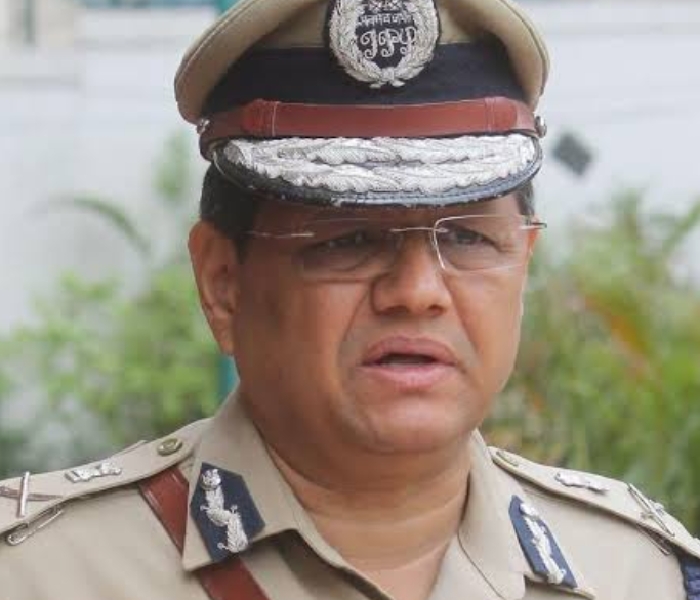Lucknow, Nov 10: The Sunni Central Waqf Board on Sunday said a decision on whether to accept a five-acre land for building a mosque in Ayodhya will be taken at its meeting likely on November 26.
In a unanimous verdict, the Supreme Court on Saturday paved the way for the construction of a Ram temple at the disputed site at Ayodhya, while directing the centre to allot a five-acre plot to the Sunni Waqf Board for building a mosque.
UP Sunni Central Waqf Board Chairman, Zufar Farooqui, told PTI that he was getting diverse views on whether to take the land. "Board's general body meeting is expected on November 26 in which it will be decided whether to take five-acre land as directed by the Supreme Court or not," he said.
"The meeting was earlier scheduled on Nov 13 but it was postponed and is now expected on Nov 26. I am getting diverse views on taking the land but I personally feel negativity can be won only with positivity," Farooqui said.
He said some persons are advising that land should not be taken for the Babri mosque but "I think it will increase negativity."
Noting that he had advocated for mediation to resolve Ayodhya issue, Farooqui said, "Though mediation did not succeed my views are clear."
"Some persons are also advising that the land should be taken by Waqf board and an educational institution, with a mosque established on its premises," he said.
He said as far as land is concerned, the government has to follow the Supreme Court verdict.
"We will decide whether we will take it or not. If the Board decides to take land in its meeting, we will decide how it is to be taken and what will be its condition," he added. "We welcome the Supreme Court verdict in the case. The Board has no plans to challenge it. The Board had last month proposed withdrawing claim on the disputed land with some conditions in national interest," he said.






Comments
If you accept it make it a burial ground.
Add new comment